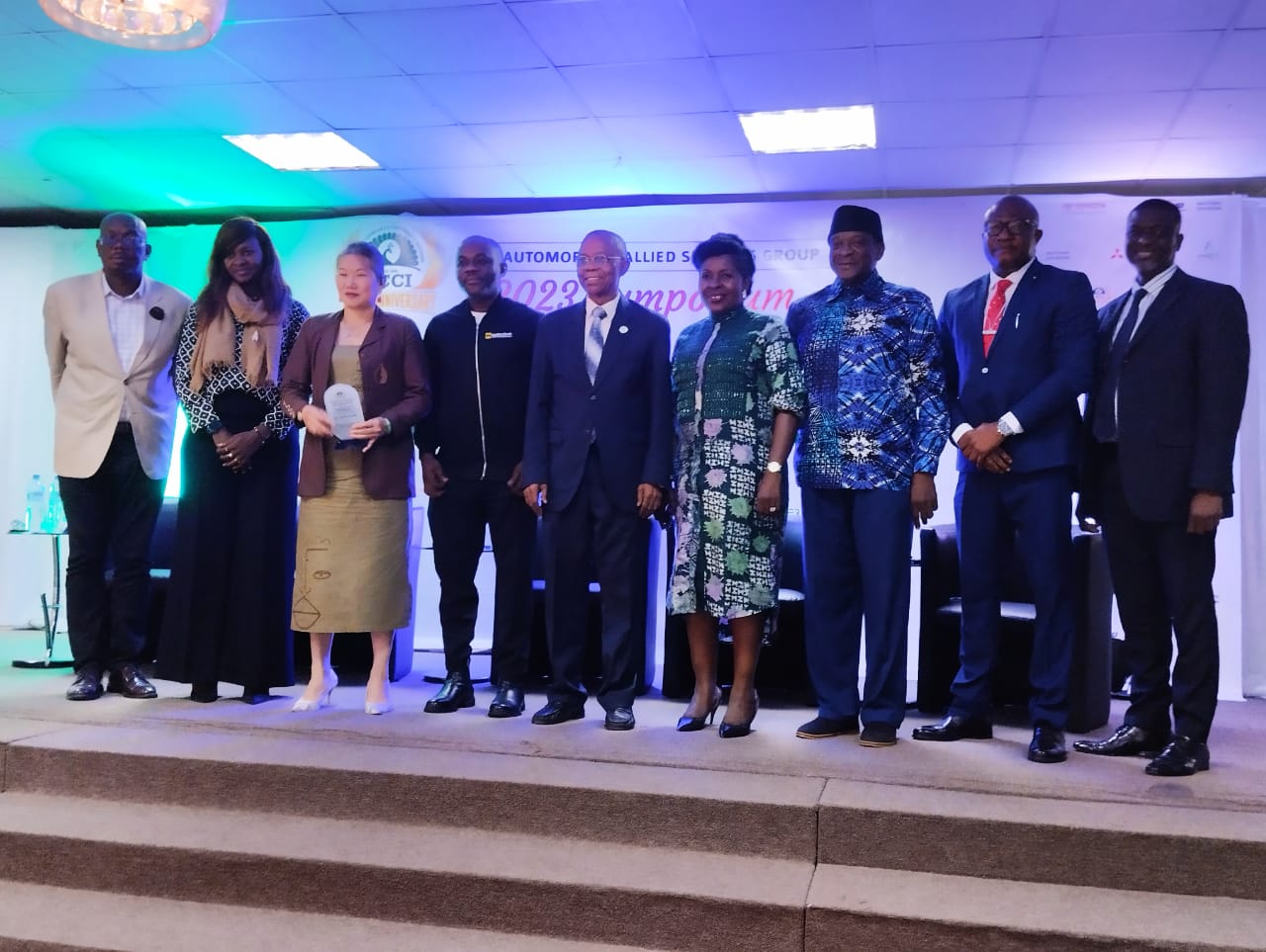The Chairman, Automobile and Allied Services Group, of the Lagos Chamber of Commerce and Industry.
Otunba Adekunle Jaiyesimi has identified some key factors affecting the Nigeria Auto industry.
According to him, key among these factors include Market Dynamics,
Skills Development, Technology, Sustainability and Environmental Concern
Policy as well as Regulations and Supply Chain disruptions.
Speaking in Lagos at the 2024 Annual symposium of the Group, noted that “The automotive sector plays a very significant role in our nation’s economy. From manufacturing and distribution to maintenance and repair services, it contributes to employment, revenue, and technological advancement.”
On technological advancements, he said “the auto industry is witnessing rapid technological changes. Electric vehicles, Gas-powered vehicles, and connectivity solutions are reshaping the landscape. As stakeholders, we must adapt and embrace innovation.
He also reasoned that “With increasing environmental awareness, there is a growing demand for cleaner and greener transportation options. How can we balance economic growth with environmental responsibility?”
The Chairman also noted that “the pandemic, amongst other factors, a few years ago highlighted vulnerabilities in global supply chains, for which only countries with considerable local productions enjoyed some decent cushions—a lesson for us as a body and as a country.
“Policy and Regulation: Government policies significantly impact the sector. We must engage with policymakers to create an enabling environment for growth.”
Another factor as identified by the Chairman is that “developing a skilled workforce is crucial. Training programs, apprenticeships, and vocational education can bridge the skills gap.
“Market Dynamics: Consumer preferences, purchasing power, and market trends influence the sector. Understanding these dynamics is essential for sustainable growth.”
In his address, the President of the Chamber, Asiwaju Michael Olawale-Cole,
“In the third quarter of 2023, Nigeria’s Gross Domestic Product (GDP) had a real terms year-on-year growth of 2.54%. However, the real GDP of motor vehicles and assembly in Q3 of 2023 increased by 2.87% YoY which is lower than the 3.93% growth rate of Q2 in 2023, but comparatively higher than 2.69% growth rate of Q3 in 2022.
“The decline recorded in third quarter is a testament of automobile industry reactions to policy inconsistency, that is amplified by frequent reviews of import duties by the Nigeria Custom Services (NCS).
“The twin effect of subsidy removal and exchange rates harmonization has impacted the industry with inconsequential gains and loss to the stakeholders.
“According to NBS, the imported used automobiles, equipped with either diesel or semi-diesel engines, and having a cylinder capacity of less than 2.5 litres, had a significant Year-on-Year (YoY) increase of 375 percent, reaching N803.4 billion in the first half of 2023 compared to N169.1 billion in the same period of 2022.
“This submission has been dispelled by automobile industry experts because it contradicts the reality of low sales/importation of automobiles.”
The President’s paper was read by the Chamber’s Deputy President Mr. Gabriel Idahosa.
The theme of the event’ was The Auto and Allied Sector, Present-Day Realities in Nigeria’.
Panelists at the event were
Ms. Aissatou Diouf
General Manager, Suzuki by CFAO: Chief Diana Chen,
MD/CEO, CIG Motors; and Dr Mayokun Fadeyibi
COO Marketplace, Auto Chek Africa.













